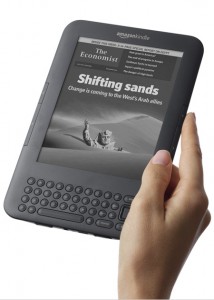 Over at TechCrunch I’ve penned an op/ed piece on why I’m in love with the Kindle. Or more specifically, why the dedicated e-Reader still has a role to play in the context of Apple’s iPad and competing multifunctional tablet computers, such as the plethora of Android-powered devices that are about to hit the market.
Over at TechCrunch I’ve penned an op/ed piece on why I’m in love with the Kindle. Or more specifically, why the dedicated e-Reader still has a role to play in the context of Apple’s iPad and competing multifunctional tablet computers, such as the plethora of Android-powered devices that are about to hit the market.
I’m now a total Kindle convert.
Yes, I know. It’s a laughable notion to anybody that knows me well and judging by the number of unread books – mostly Christmas presents from friends who should know better – that occupy shelf space and the spare cupboard in my house. But I can’t get enough of the Kindle.
Why?
It’s the only gadget that encourages me – no, forces me – to go off the grid and get away from, as Mike Butcher puts it, the “background hum” of being always-connected. If fact, it’s for exactly the reasons that Carr states, that the dedicated e-reader can be seen as the anti-iPad. And that might well be its long-term appeal.
Head over to TechCrunch to read the full article…
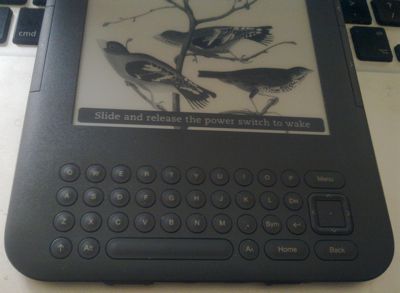 This morning I took (early) delivery of Amazon’s new
This morning I took (early) delivery of Amazon’s new  I’ve argued before that with regards to eBooks and the Kindle,
I’ve argued before that with regards to eBooks and the Kindle, 
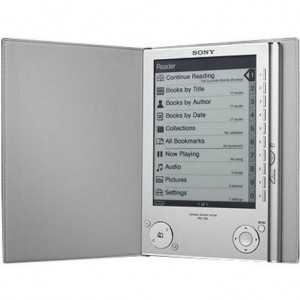 Not sure if this is such a big deal but owners of Sony’s Reader – which
Not sure if this is such a big deal but owners of Sony’s Reader – which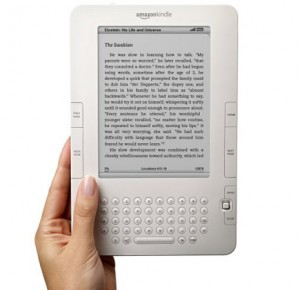 Usability guru Jackob Nielson has given Amazon’s Kindle eBook reader
Usability guru Jackob Nielson has given Amazon’s Kindle eBook reader 
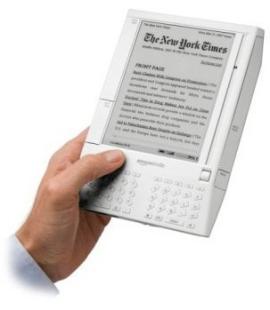 As a voracious reader I am happy to see the success of the Kindle, Amazon’s electronic book reader. But no matter how many devices Amazon or others sell, the whole eBook reader thing is fundamentally flawed.
As a voracious reader I am happy to see the success of the Kindle, Amazon’s electronic book reader. But no matter how many devices Amazon or others sell, the whole eBook reader thing is fundamentally flawed.